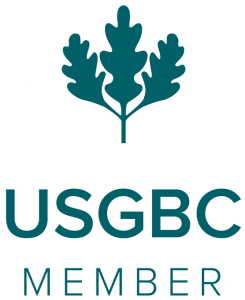Dubai: This Ramadan is a chance to rejoice doubly.
Firstly, the holy month will bring with it fasting and reflection, charity and prayer. Secondly, the easing of COVID-19 restrictions, in line with falling cases in the UAE, means it is easier for the community to take part in volunteering activities and for families to enjoy leisure time at events.
Ramadan will also bring with it a new routine and a change of pace. Working and school hours will be shortened, allowing more time for family, prayer and relaxation.
For Muslims, the day will begin before sun up, as they rise from slumber for suhoor, the pre-dawn meal to provide energy for a day of fasting, which will be around 14 hours long in the UAE.
After work, families and friends will come together for iftar, the meal taken at the end of the day’s fast at sunset. This year, iftar tents are returning for Ramadan in the UAE, after they were put on hold because of the pandemic. These tents see mostly workers – but also people from the neighbourhood and commuters making a stop for iftar – gather inside for a free iftar meal, sponsored by charities and residents. The tents are mostly set up besides mosques – and all are welcome.
At night, mosques will hold Taraweeh prayers, which are longer prayers that worshippers are recommended to observe in Ramadan.
Needless to say, all Ramadan-themed events – religious or worldly in nature – will take place under government guidelines for COVID-19. This Ramadan will be the closet we have been to pre-pandemic times in terms of the ‘look and feel’ of the month.
However, one aspect of Ramadan has remained unchanged – the opportunity to look inwards and reclaim the drive to mend our habits and relationships.



